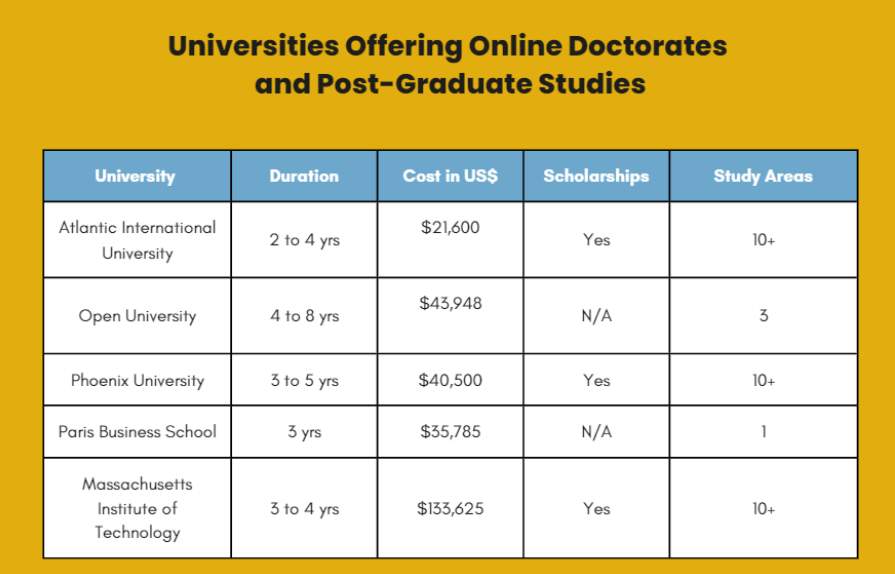
The Five Pitfalls of Applying for a Ph.D. Program and How to Dodge Them Like a Pro
You are thinking about embarking on a Ph.D. and are not very clear about what awaits you in this process. Today, we will delve into the murky waters of Ph.D. applications and help you steer clear of common blunders, to make your application a success.
Before we dive into the mistakes, let's talk about why a Ph.D. is more than just an academic journey; it's a journey of personal and professional development. It offers endless opportunities to deepen your expertise in a specialized area, while also opening doors to career paths you may not have considered.
The digital phenomenon
The advent of online programs has made this journey even more accessible. According to recent stats, 47% of Ph.D. students have enrolled in online courses, which gives you the flexibility to balance work, study, and life.
This data represents a great achievement since it allows many to consider a doctoral degree thanks to the flexibility and possibility of being able to do it from anywhere with Internet access.
1: Lack of Research on the Program.
How to solve it?
If you're applying to multiple programs, don't use a one-size-fits-all approach. Tailor your application to show why you're a perfect fit for each specific program. Research the faculty, labs, and recent publications to understand the program’s focus and align your goals accordingly.
2: Ignoring Financial Planning.
The Fix: Budget, Budget, Budget
This is a multi-year commitment and, let's face it, higher education isn't cheap. Consider options like fellowships, scholarships, and part-time work to ease the financial burden. It is also important to know that remote options allow you to maintain your professional income in parallel and are more financially accessible, in addition to allowing you to access programs that, in person, would be impossible without traveling.
Below, you will find a comparison of some doctoral programs, and the investment to be made:

3: Vague Research Proposal.
How to avoid it?
Be Specific. Your research proposal should be focused and specific. A well-defined research question demonstrates not only your understanding of the field, but also how you plan to contribute to it.
4: Overlooking Recommendations.
The Solution: Get Personalized Referrals.
A generic recommendation won’t do you any favors. Get references from people who know you well and can speak to your skills and suitability for rigorous academic research.
5: Procrastination (the most common).
How not to fall into it?
Get started now. Ph.D. applications are more than filling out a form; They are a holistic view of your academic life. The sooner you start, the more time you'll have to polish your application, increasing your chances of standing out.
In a world that produced over 181,000 doctoral degrees in 2020 alone, the competition is stiff. By avoiding these common mistakes, you pave the way for a rewarding PhD journey. Remember, you're not just pursuing a degree; you're pursuing your dreams.